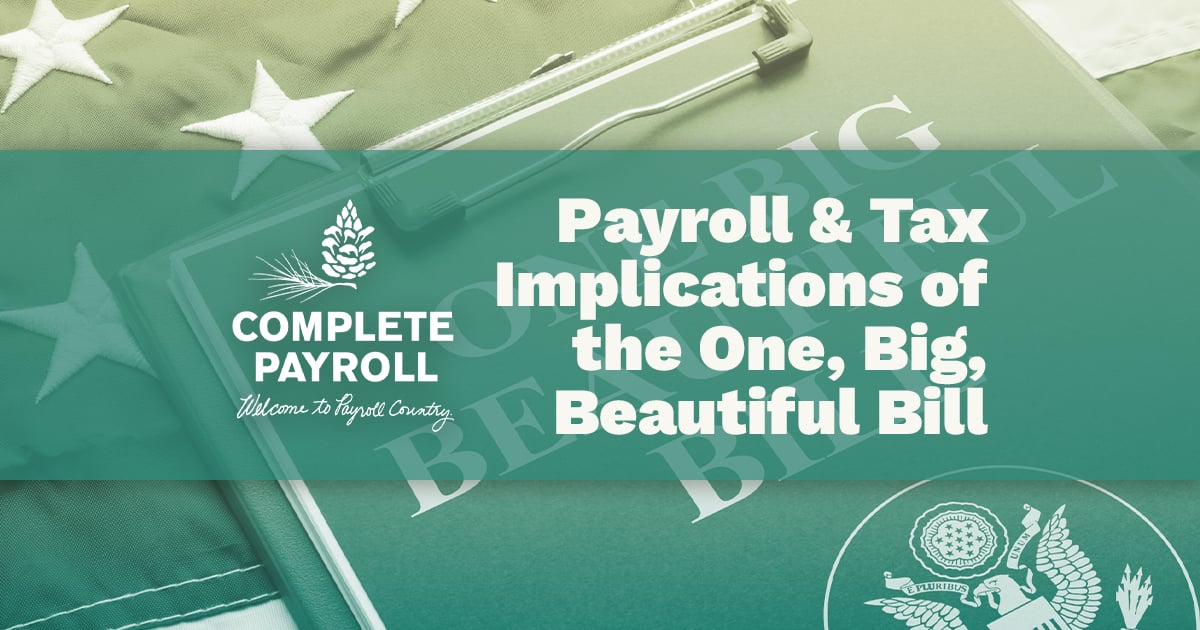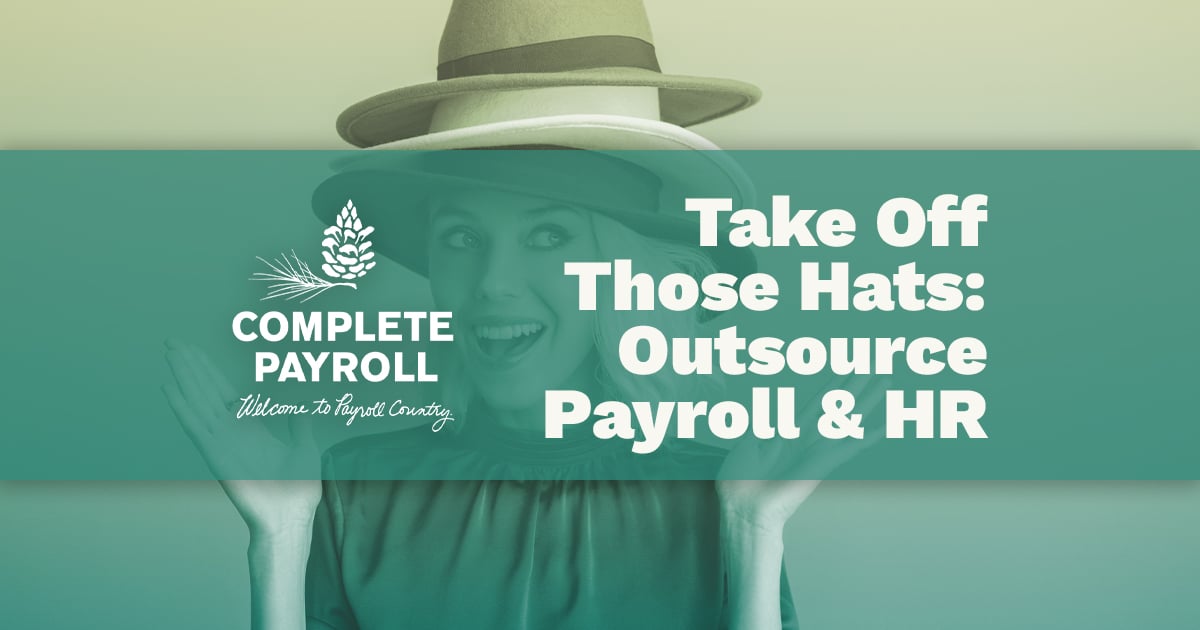Every year, New York State’s workers can expect updates to the minimum wage. That is because the State of New York has consistently raised wages every year since 2014, and there is no reason to anticipate that this will change any time soon. However, not every minimum wage worker sees an increase in their pay every year.
Workers, businesses, and consumers all benefit from a livable minimum wage. Because the economy of New York varies so much from one region to another, what qualifies for an appropriate minimum wage in one place doesn’t qualify in another. New York divides its minimum wage requirements based on three regions.
Three Regional Minimum Wages
New York City is one of the regions, and its hourly minimum wage has been $15 for all workers since December 31, 2019. Nassau, Suffolk, and Westchester counties will see an increase from $14.50 to $15/hour on December 31, 2021. The rest of the state will also see an increase to $13.20/hr for the first time ever, inching closer to $15/hr for all minimum wage earners in the state.
Although there are not huge differences between these regions, the structured increases in the minimum wage are designed to give employers time to adjust to the changes over time. Areas with lower costs of living do not need to increase as quickly as areas with higher housing, food, clothing, transportation, and other essential costs.
Why Is New York Increasing the Minimum Wage Again?
New York continues to increase the NYS minimum wage for several key reasons.
The Department of Labor released a detailed report in 2023 explaining their justification for increasing the minimum wage last year. They considered several important factors in their justification for the increase, including:
- Women make up a majority of minimum wage workers. 56.3% of minimum wage earners are women, whereas women make up about 48% of the general working population. This means that women are often working for less income than their male counterparts.
- Minimum wage workers tend to be younger than the broader workforce. 31% of these workers are between the ages of 16 and 24, but that means that a majority of workers are 25 or older.
- The state’s retail workers, leisure and hospitality workers, healthcare workers, and social services workers make up 58% of the minimum wage workforce, which suggests that many of our essential workers are only making minimum wage.
NYS understands that without workers, our economy simply does not function. Workers need to be compensated in a way that allows them to cover their costs. Even if a worker is young or only working on a part-time basis, it is important for them to earn a reasonable wage.
The Role of the COVID-19 Pandemic
The pandemic has had a massive impact on countless employment sectors. Worker shortages are a result of numerous factors, including layoffs, reduction in hours, changes in industry standards, worker deaths from COVID-19, Long COVID-related disabilities, and much more.
Workers who staff minimum wage positions are often overworked and stressed. One of the best ways to keep workers on your payroll is to pay them a competitive wage. This means that employers are likely to pay more than minimum wage in order to stay competitive.
Overtime Exemptions
In order to be classified as exempt from NYS’s overtime pay requirements, positions held by executive and administrative workers must meet minimum wage requirements. They also have to meet certain standards.
The exemption can be applied if the worker’s salary is 75 times the region’s minimum wage. Taking into consideration the increases in all parts of the state except for New York City, this means that the exempt rates are as follows:
- New York City: $1,125 weekly
- Nassau, Suffolk, and Westchester counties: $1,125 weekly
- The remainder of the state (except for NYC): $990 weekly
A professional exemption has no minimum salary requirement from NYS, but the federal government states that a minimum salary of $684 per week must be met in order to qualify as a professional exemption.
Payroll Support
Complete Payroll offers payroll support for employers throughout New York State. Our payroll processing experts are available to answer your questions and help you navigate the annual changes to NYS minimum wage requirements.
** The information in this content was current at the time of writing. For the latest wage information, please see our updated resource.















.jpg?width=1920&name=Complete%20Payroll%20Blog%20Photo%20(6).jpg)
 Get Instant Blog Notifications
Get Instant Blog Notifications


